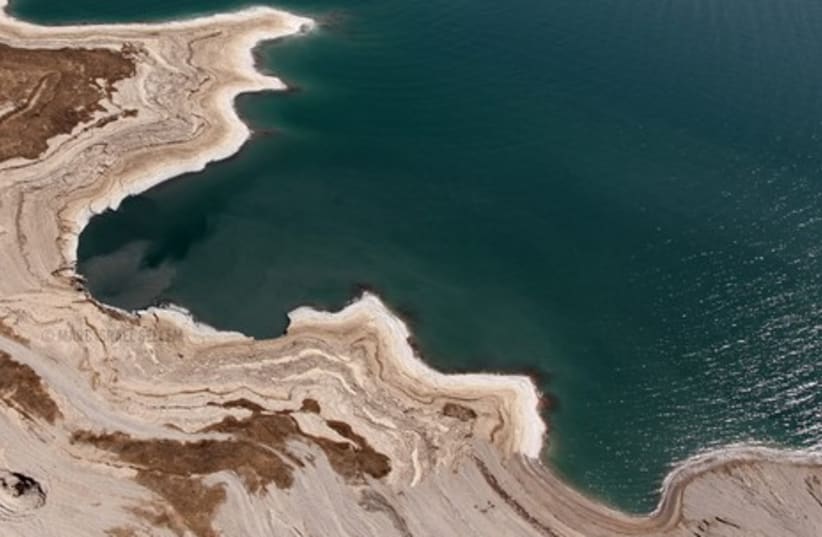
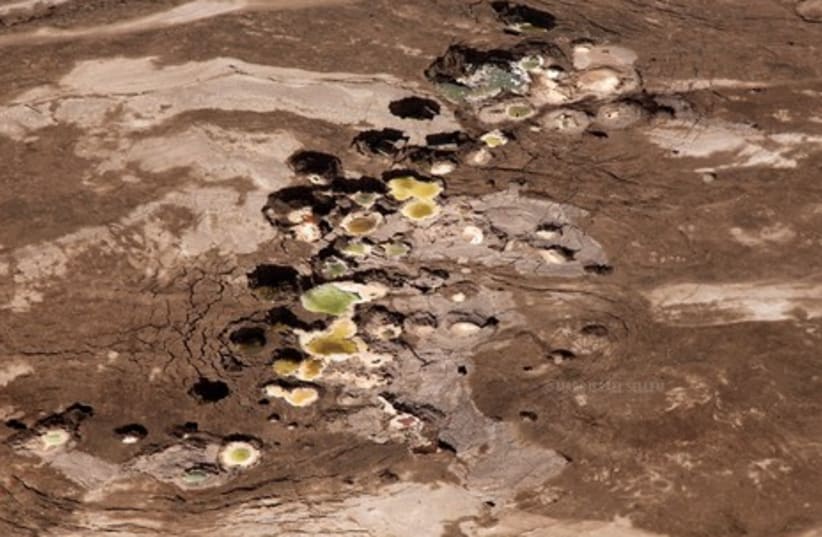
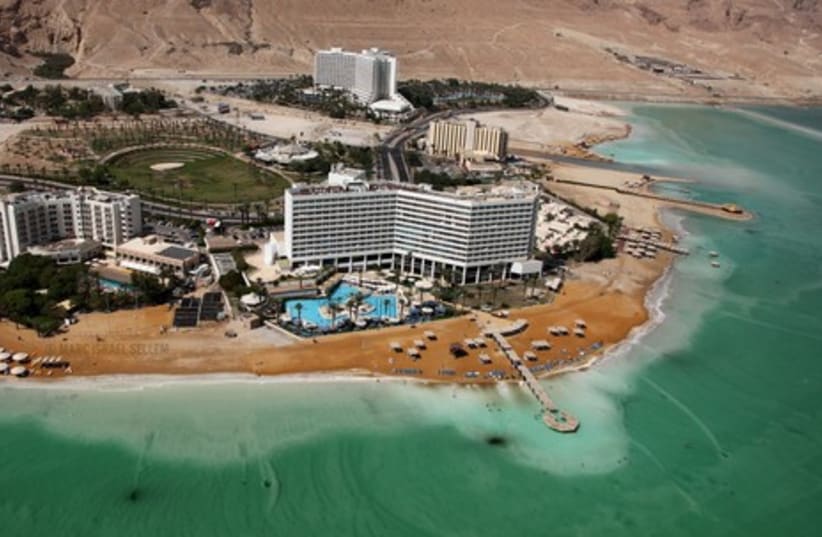
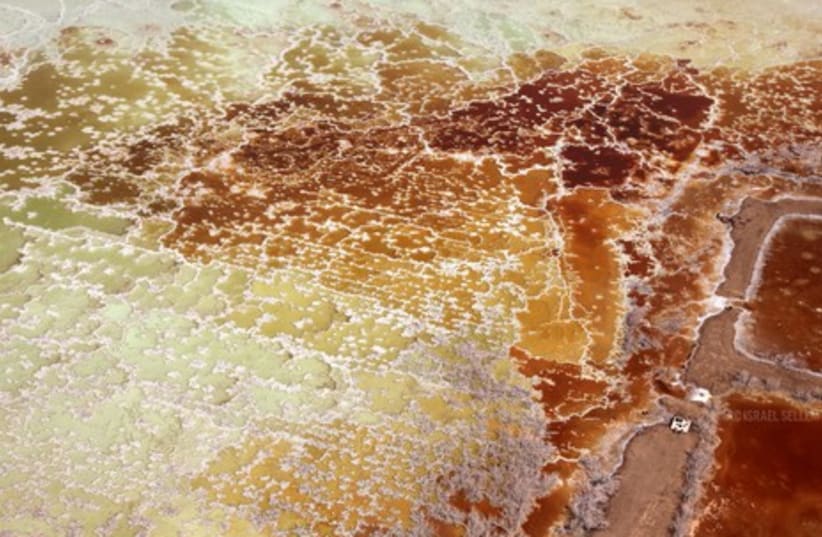
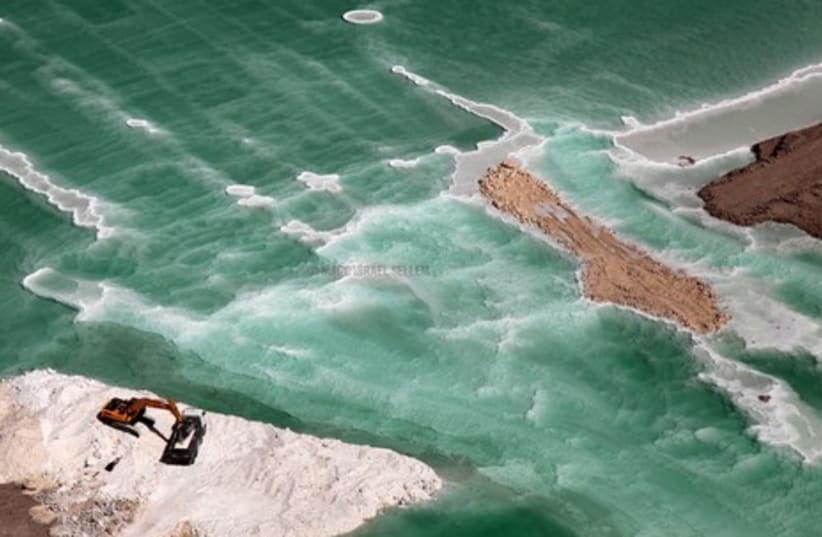
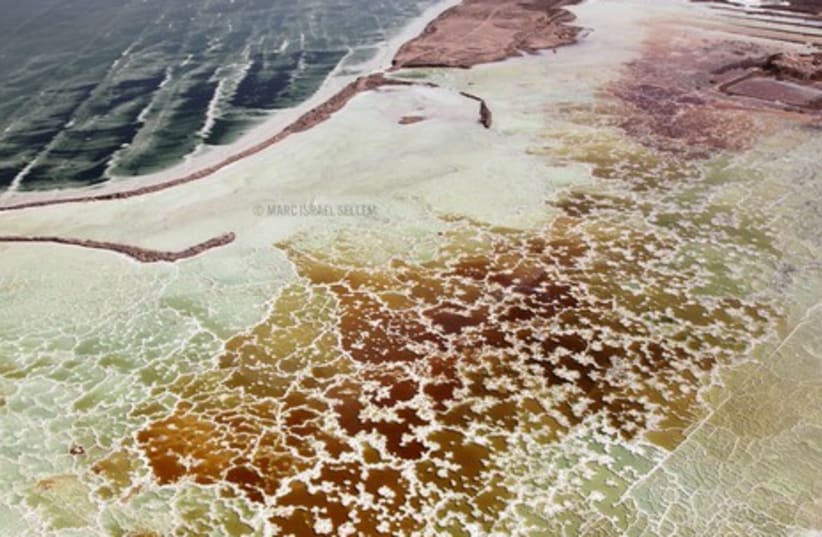
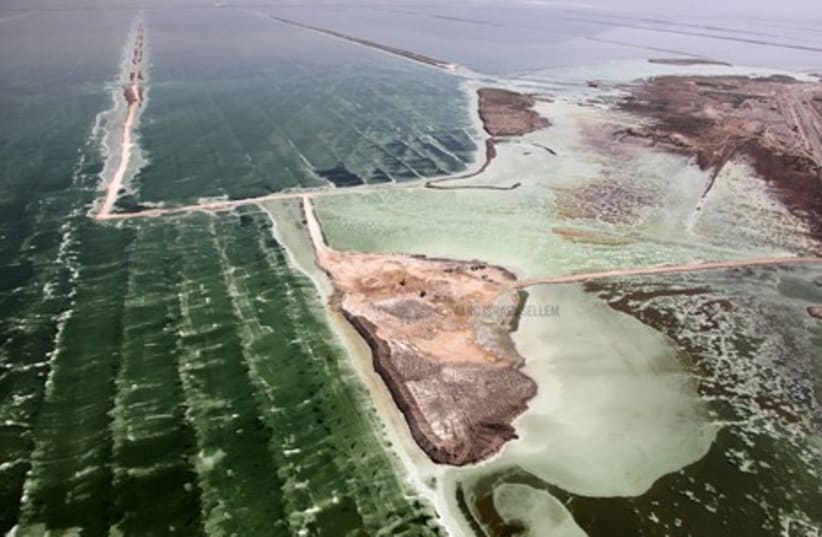
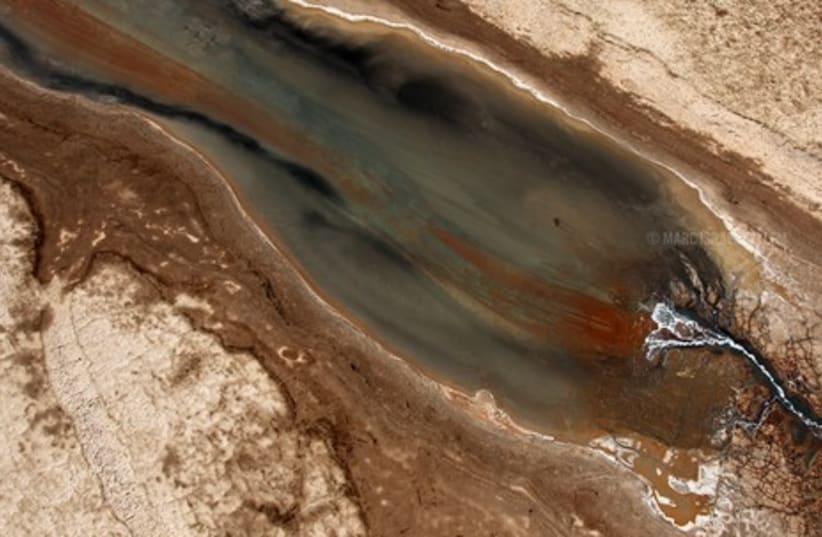
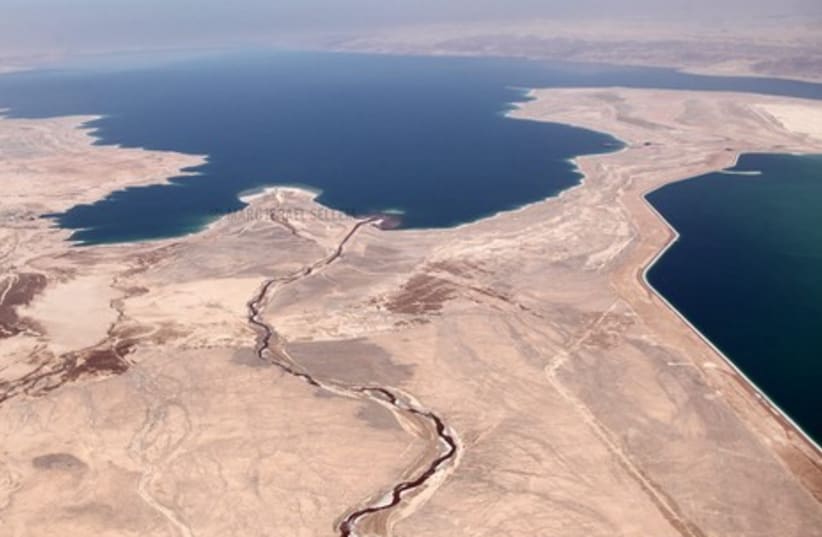
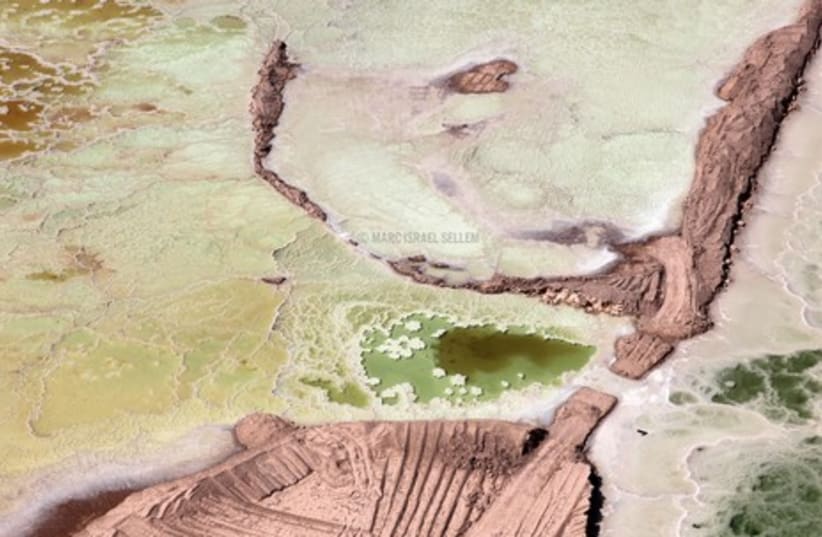
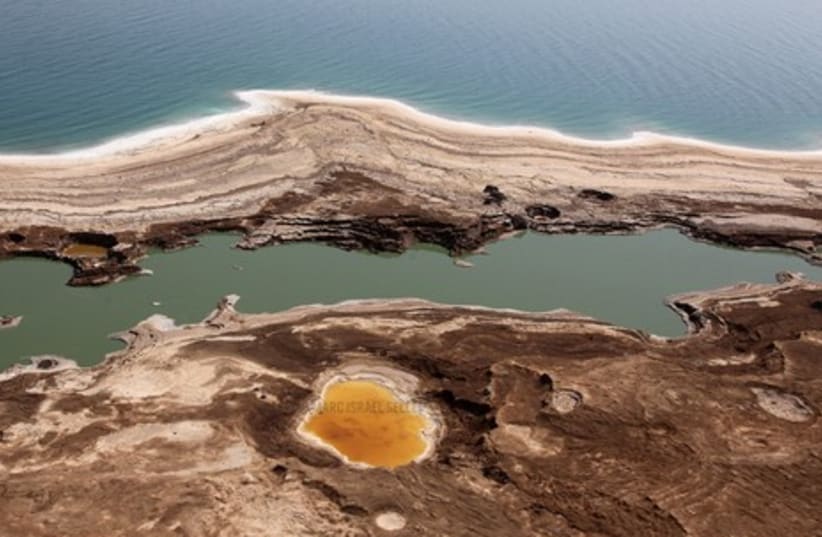
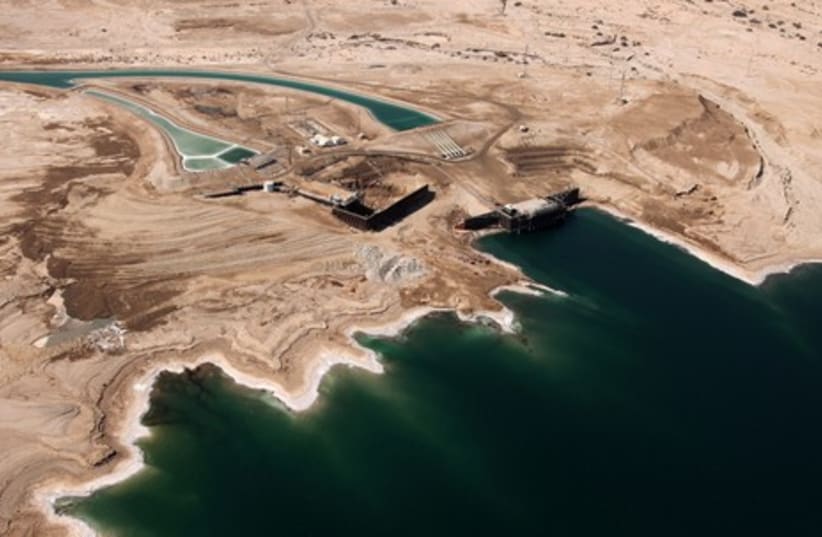

Rooted in four main principles, the bill aims to preserve the Dead Sea and its internationally treasured natural resources, maintain the salty waters for the benefit of the next generation, curb the plunging water levels of the northern basin and determine new terms of management for the region, which will provide for continued reasonable extraction of minerals while protecting the ecosystems and biodiversity, according to the text.Supporters of the proposed law in addition to Henin include MKs Moshe Gafni (United Torah Judaism), Amnon Cohen (Shas), Nitzan Horowitz (Meretz), Eitan Cabel (Labor), David Rotem (Yisrael Beiteinu), Orly Levy Abecassis (Yisrael Beiteinu), Zvulun Orlev (Habayit Hayehudi), Zahava Gal-On (Meretz), Orit Zuaretz (Kadima), Ibrahim Sarsour (United Arab List - Ta’al) and Uri Maklev (United Torah Judaism).“If we don’t protect the Dead Sea from menacing damage inflicted upon it daily, we will be responsible for the disappearance of this natural wonder,” Henin said in a statement.Within a year from the day the law is enacted, the environmental protection minister, in consultation with his administration, would be responsible for preparing a plan for the restoration of water in the northern basin of the Dead Sea, according to the bill. This plan would need to include a minimum increase of 235 million cubic meters beyond the current allocation of water that flows from the southern Jordan River into the Dead Sea.Meanwhile, the minister would be able to approve water evaporations for mineral extractions only after receiving proof from the operator that no other technologies exist for the respective mining, and that that operator would be responsible for the restoration of any water eliminated in the process.Also according the bill, the minister would also be charged with appointing a “Council for Regional Cooperation in Protection and Rehabilitation of the Dead Sea,” which would work with international bodies and neighboring states. Additionally, each year the minister would need to produce a report detailing the amounts of minerals mined and quantities of water pumped in and out, as well as levies imposed upon those whose work has damaged the Dead Sea.In the southern basin, where water levels are dangerously rising, a salt harvest will ensure that the maximum water level in the peripheral embankment and beach of Pool 5 remains at a maximum of 389.50 meters below sea level, while inside the pool, the level rises no higher than 390.50 meters, the bill continued.Environmental experts called Henin’s effort a “step in the right direction” and hoped that the government would enact the legislation.“Until recently, the environmental community has had to respond to the ongoing deterioration in the conditions of the Dead Sea in a defensive mode,” Dr. Alon Tal, head of Israel’s Green Movement and professor at Ben-Gurion University’s Jacob Blaustein Institute of Desert Research, told The Jerusalem Post on Monday afternoon.“We count the annual drop in water levels and loss in ecological integrity, hoping for greater sensitivity by the government and the industrial powers that be at the Dead Sea works,” continued Tal, who is currently a visiting associate professor at Stanford University in California.“Taking the initiative on behalf of the public that owns this unique resource – as well as the future generations that are being deprived of their birthright – is a step in the right direction. It is hard to believe that this government will allow such a common-sense, responsible approach and allow meaningful legislative progress, but just as public pressure forced it to do ‘the right thing’ with natural gas rights, it is time to demand accountability at the Dead Sea as well.”
Gidon Bromberg, Israel’s director of Friends of the Earth Middle East, agreed that while Henin’s move is positive, these measures should have been taken much earlier.“The campaign for votes to include the Dead Sea in the new seven wonders should have been accompanied by a commitment from the Israeli government for urgent corrective actions,” Bromberg told the Post.“The demise of the Dead Sea is happening under state license, be it Jordan River diversion in the north or Dead Sea Works’ concession in the south, which begs the question that the Tourism Ministry campaign is green-washing. The legislative effort by MK Dov Henin is a step in the right direction that should have come from the Tourism or Environment Ministries, rather than the opposition.”